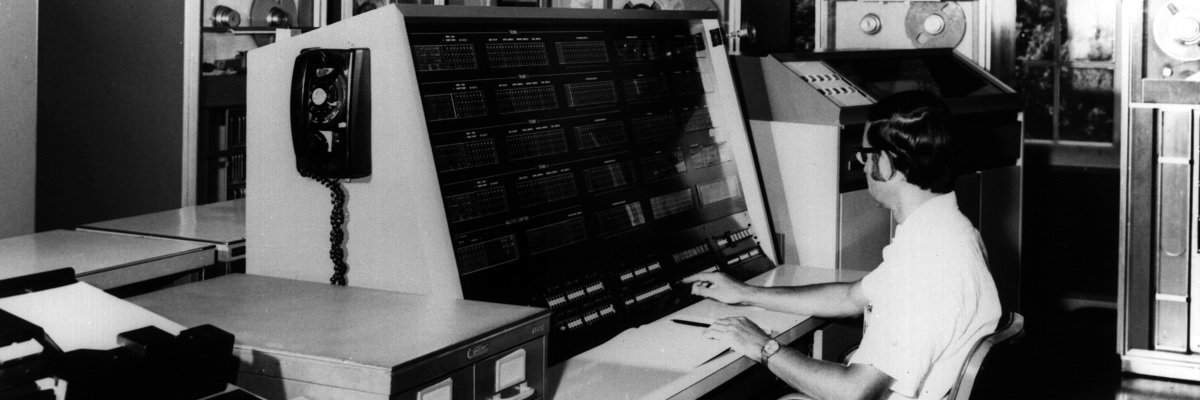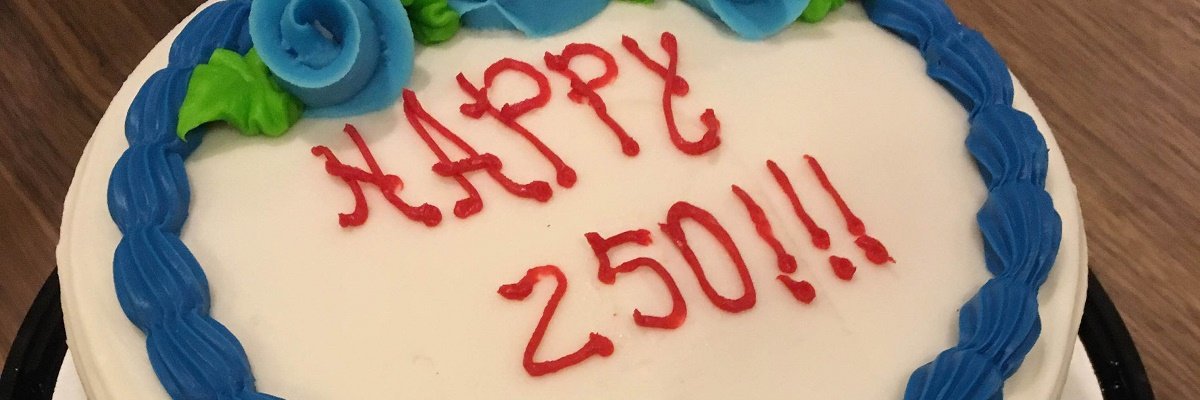Next week, MuckRock is joining public records campaigners at the third AlaveteliCon to discuss new tactics for opening up government algorithms, maintaining a healthy transparency community, and building stronger international collaborations.
The conference is hosted by mySociety, a UK not-for-profit using technology to help citizens understand and participate in government. One of their flagship efforts is Alaveteli, an open source public records platform similar to MuckRock used in dozens of countries around the world.
MuckRock co-founder Michael Morisy and I will be attending, joining data and investigative journalists, the people who run websites that help citizens access information, and the developers behind these sites.
“FOI is a precious right, and one that’s under threat to a lesser or greater degree around the world at any given time. AlaveteliCon is a unique gathering of people who work at the intersection of FOI and tech,” said Myf Nixon of mySociety. “At AlaveteliCon we meet people who are fighting to have the right to information even passed as law for their country in the first place; and others who, despite the right having been in place for many years, are facing difficulties such as reluctant authorities or the state’s desire to lessen the power of the law. This year there will be a great focus on cross-border collaboration, making it all the more useful to meet, chat and forge links with our international counterparts.”
MuckRock will be sharing our experiences in the United States and leading a session on global efforts to obtain and analyze the algorithms that are increasingly driving government policy. The discussion will feature work on algorithmic transparency as well as the work being done by Civio in Spain and the UK-based Privacy International. Joined by Miguel Ángel Gavilanes and Camilla Graham Wood, we’ll be exploring ways to work together to illuminate the effects of algorithmic decision making on our lives.
“We have tried to get other organizations to use different explainers that we’ve developed to try to engage why the civil society to push for greater transparency. While it’s not necessarily getting them to submit FOI, it’s getting them to use what we’ve found from FOIAs to push the different organizations for more information,” said Graham, who also works on Neighbourhood Watch.
“We really, really want to work with organizations internationally to coordinate FOI in relation to police technologies,” Graham said, emphasizing that there are strong common interests between activist groups and those focused on transparency. “They would maybe consider doing FOIs around policing that might take a slightly different approach to how they present the results. Nevertheless, that doesn’t mean we couldn’t collaborate and find out, on a European or broader-than-European level what are the technologies being used by police. If there are different organizations even with different aims and perspectives, I am hoping that, through the conference, we might find different ways of working together.”
Transparency advocates around the world really are fighting similar fights.
Gavilanes has been working with Civio to try to gain access to an algorithm created by the Spanish government that is used to help determine eligibility for electricity bill assistance. The issue is now in court, because the Spanish government claims that the publicly-created system is protected by copyright. The system went into use a year and a half ago, and the effects were immediate.
“People who have electricity poverty ask for this kind of subsidy, and they receive a discount on their bills. But this procedure is run by the companies. It’s kind of stupid, because the administration made it, but the companies are using it,” said Miguel. “That’s why we noticed this problem, because we have received dozens of calls from people telling us about this thing. But the thing is that the application was developed by civil servants.”
“Before this change 5.5 million people received this grant; now only 1.1 million people do. It’s so hard to compete and people are so confused, and it’s really a mess,” he explained. “The target of this grant is people without resources. Mostly they are old people and the process now - they have to go through the companies and if they have any problems, they have to fill out lots of forms and they have to use applications they don’t know how to use. They feel alone.”
In addition to leading the session on algorithmic transparency, we will also be helping facilitate discussions on terms of service for civic platforms and discussing the power of FOI-generated stories and campaigns.
MuckRock is thrilled to join our global colleagues in discussing and addressing these issues that extend beyond borders and oceans. If you’re attending, please say hello, and if you can’t make it, follow along via the #AlaveteliCon hashtag or on MuckRock’s Instagram.
Image via mySociety



